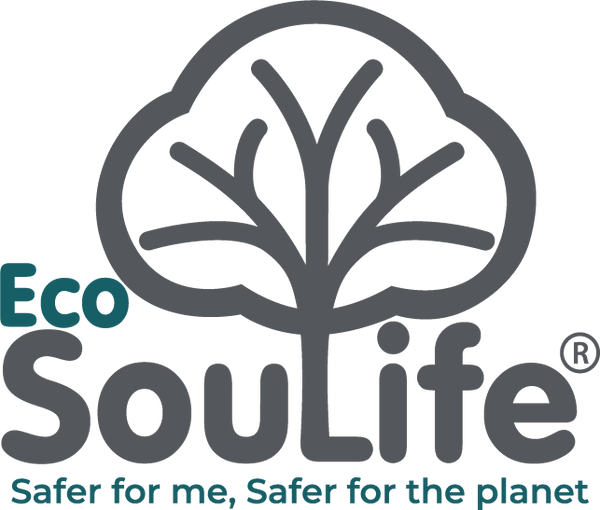
From 1st July 2025, significant new regulations will come into effect in Australia, aimed at reducing the use of harmful PFAS (per- and polyfluoroalkyl substances) chemicals. These chemicals, commonly known as "forever chemicals," have raised concerns due to their long-term presence in the environment and human bodies. But what are PFAS, how do they affect you, and what do these new regulations mean?
Keep reading to find out!
What Is PFAS?![]()

PFAS is a group of over 4,000 chemicals used widely for their ability to resist heat, water, grease, and stains. You’ll find them in everyday products like non-stick cookware, waterproof clothing, cosmetics, and even food packaging. The issue with PFAS is that they don’t break down easily, accumulating in both the human body and the environment over time, which raises concerns about their long-term health effects.
Many products we use daily – such as non-stick frying pans, waterproof fabrics, some cosmetics, and food packaging – may contain PFAS. Exposure to these chemicals can build up in our bodies, especially for people living near contaminated sites, like areas where fire-fighting foams have been used.
What’s Changing on 1st July 2025?

Starting from 1st July 2025, Australia will implement strict new rules regarding PFAS. Three major PFAS chemicals – PFOA, PFOS, and PFHxS – will be banned by law. This means that the use, import, manufacture, or sale of products containing these substances, including packaging, will no longer be allowed.
This regulation is part of a global effort to reduce chemicals that can cause irreversible damage to the environment and human health. The Australian government's action aligns with international standards such as the Stockholm Convention and regulations in the European Union.
How Does This Affect You?

- Cookware: Non-stick frying pans, baking paper
- Food Packaging: Microwave popcorn bags, butter wrappers, frozen food boxes
- Single-Use Tableware: Paper plates, bagasse bowls
- Textiles: Outdoor furnishings, rugs, and more
- Personal Care: Waterproof mascara, dental floss, period care products
If you use any of these products, it’s important to understand how these new regulations will affect what’s available in the market.
Our Commitment to Safety

At EcoSouLife, the health and safety of our customers has always been our top priority. Long before these new regulations were announced, we ensured that our products – such as food containers, plates, and packaging – are 100% PFAS-free. We’re proud to offer safe, eco-friendly alternatives that not only meet regulatory standards but also help protect your health and the environment.
As the 1st July 2025 deadline approaches, we want to make sure you can shop with confidence, knowing that all of our products comply with the new safety standards and are free from harmful chemicals.
We’ve created a collection of our PFAS-Free products on our website, so you can make safe choices for you and your family.
Visit our website and shop with confidence.
Stay informed about any updates on the regulations, and feel free to reach out if you have any questions. We’re here to help you make safe, informed decisions for your home and family.
Sources:
Australian Government PFAS Taskforce | PFAS (https://www.pfas.gov.au/ )
Photos:
Image by aleksandarlittlewolf on Freepik (https://www.freepik.com/free-photo/technologist-expert-beer-production-factory-holding-glass-bottle-checking-quality_11450622.htm#fromView=search&page=1&position=18&uuid=edd2e0f5-a44d-4ac3-84d7-d53a09a8e212&query=pfas+chemical)
